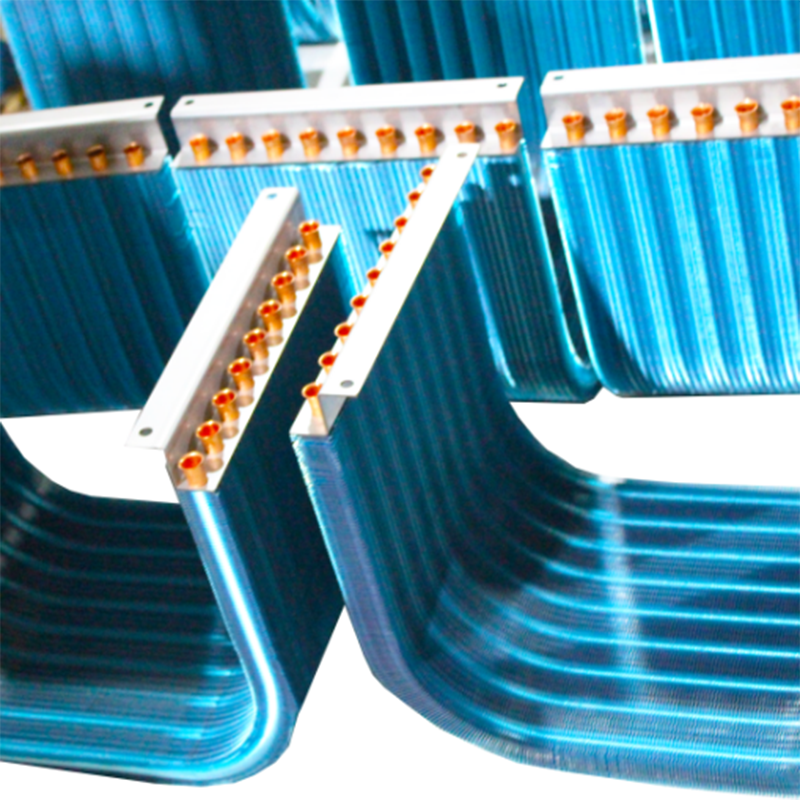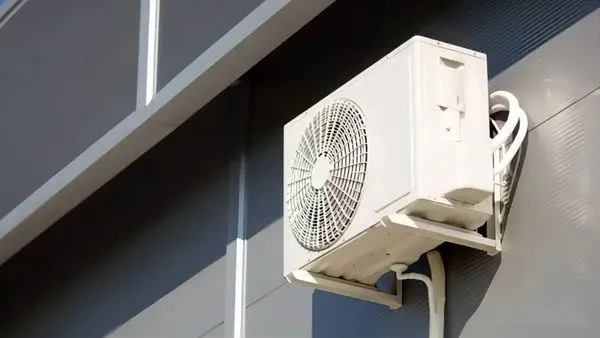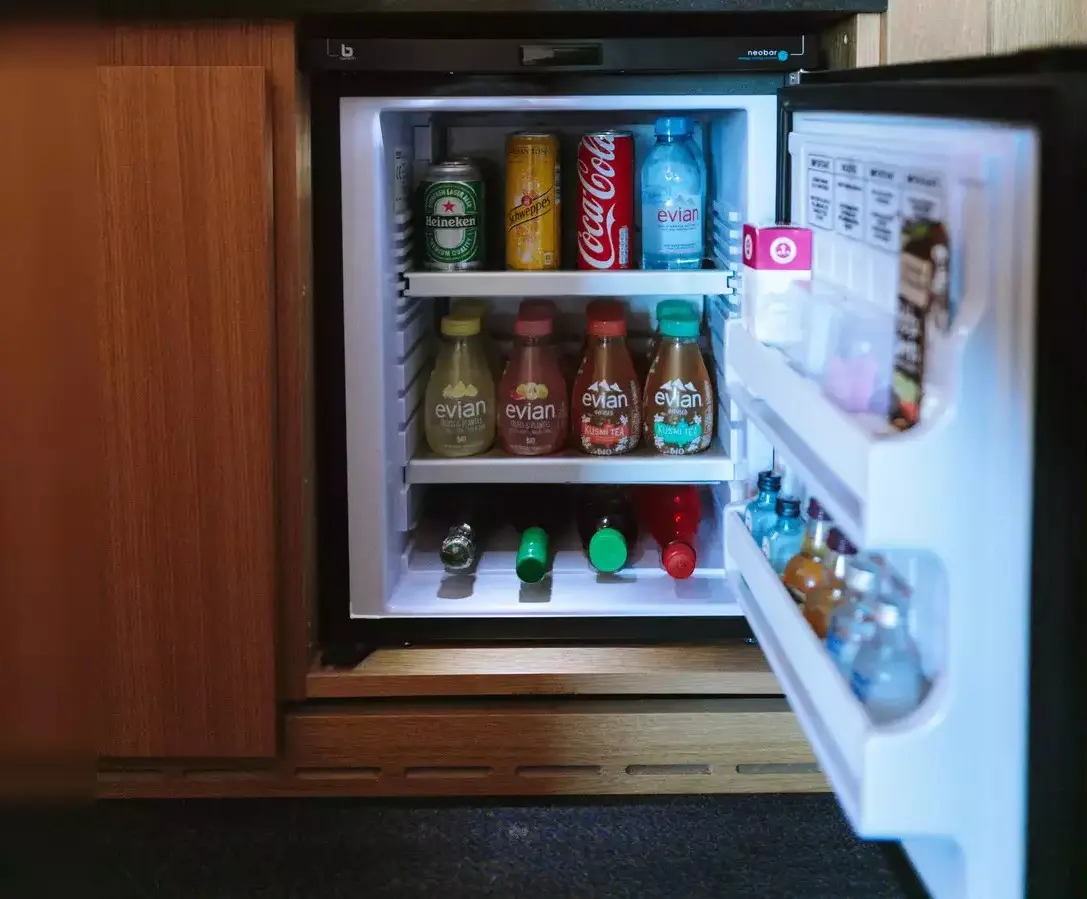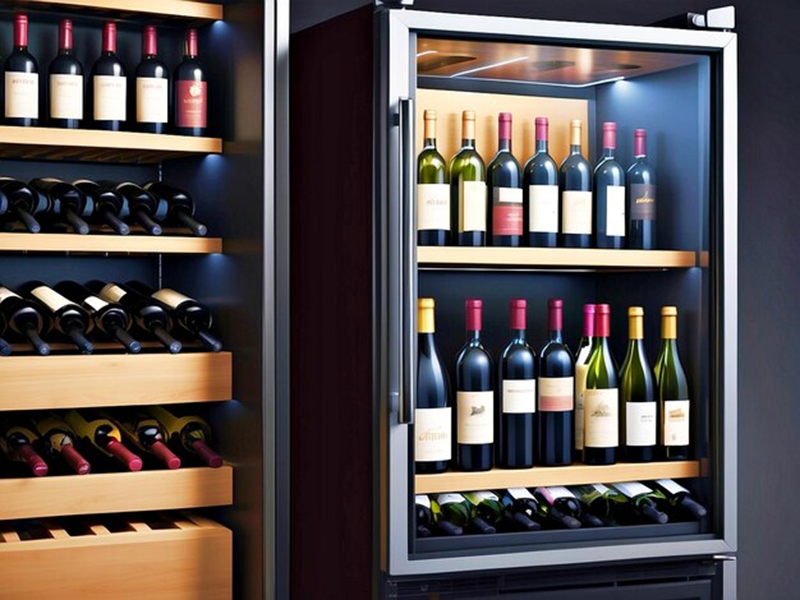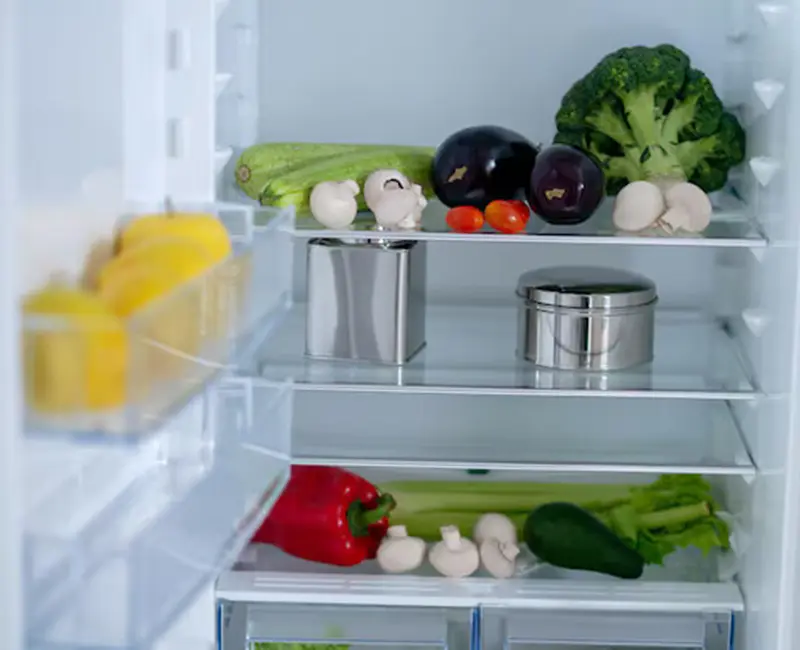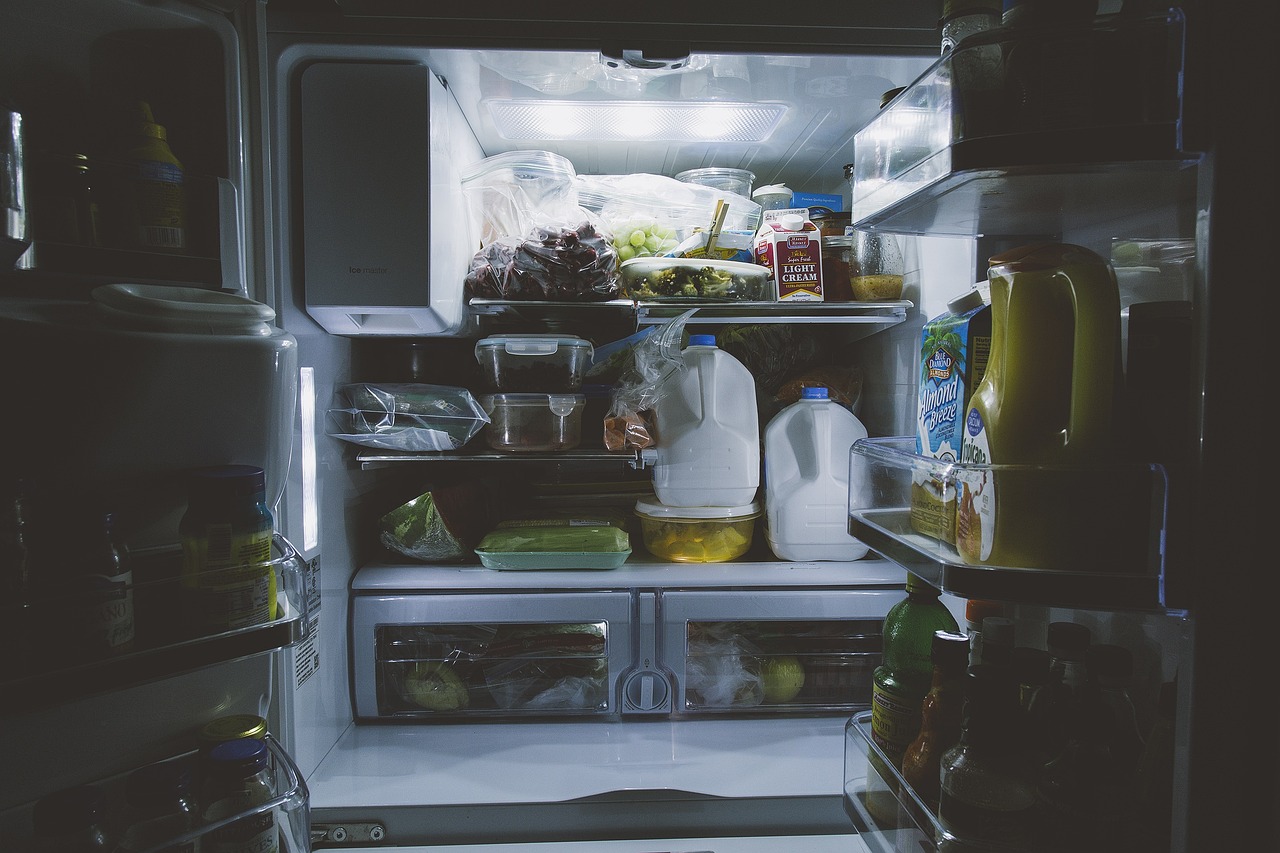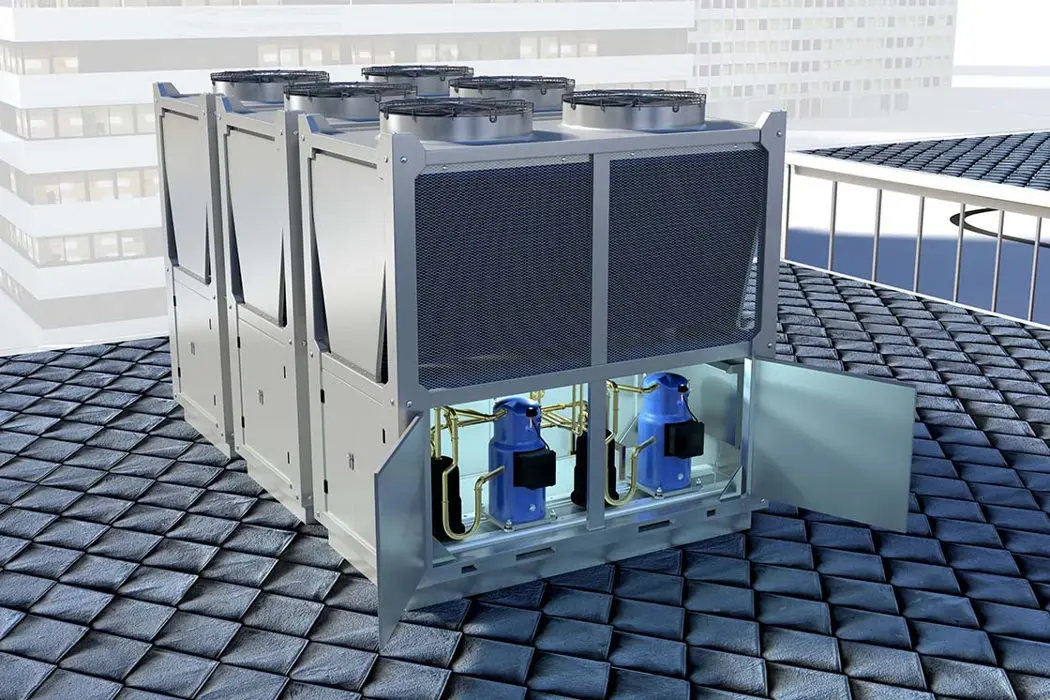What Causes Condenser Corrosion in High-Humidity Areas?
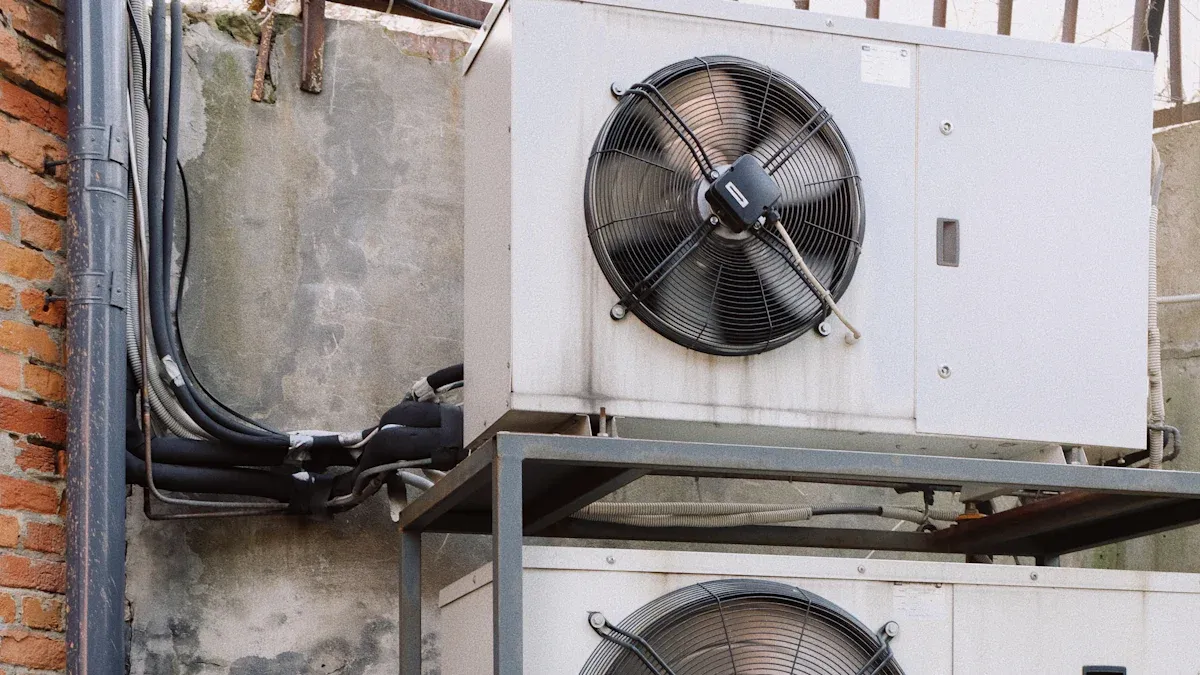
I often see condenser units struggle in high-humidity environments. Moisture constantly attacks the metal, and airborne salts or pollutants speed up the damage. Acidic compounds in the air also eat away at surfaces. This combination quickly causes rust, leaks, and lower performance in a Wire Tube Condenser.
Key Takeaways
- Moisture, salt, pollutants, and acid rain cause corrosion in condensers, especially in high-humidity areas, leading to rust, leaks, andreduced efficiency.
- Corrosion lowers cooling performance and shortens condenser lifespan, increasing energy use and repair costs.
- Regular cleaning, protective coatings, and smart installation help prevent corrosion and extend the life of your condenser.
Main Causes of Corrosion in High-Humidity Areas
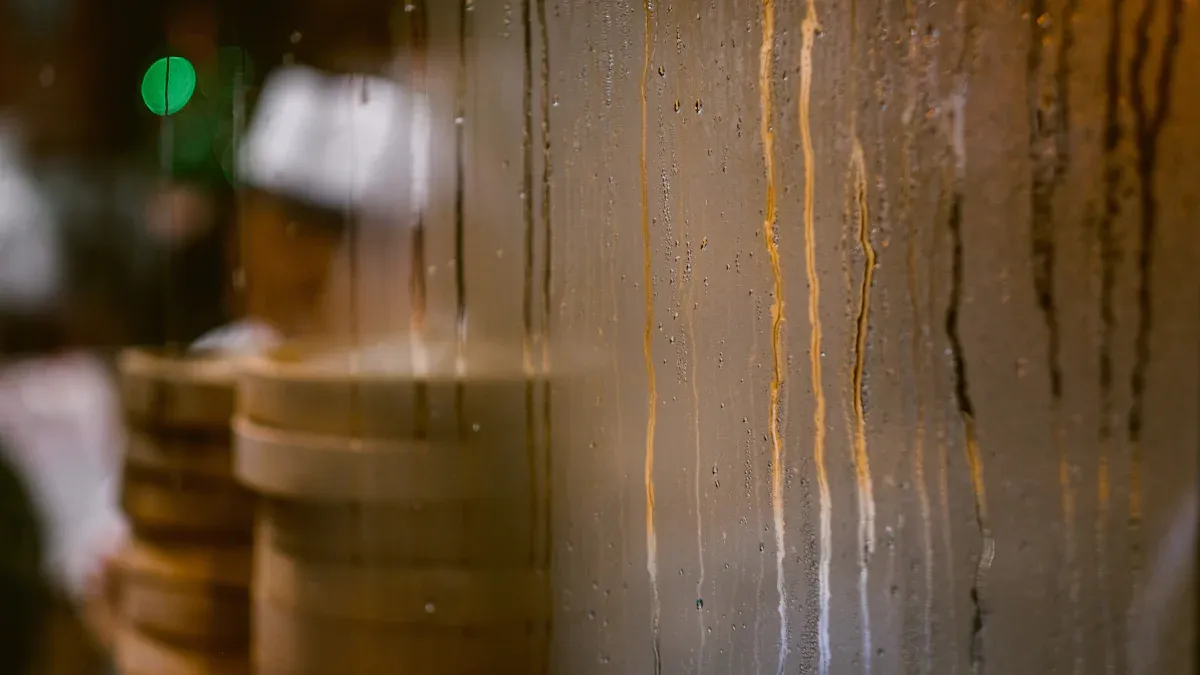
Moisture and Condensation on Condenser Coils
I have seen firsthand how moisture becomes the main enemyof condenser coils in humid climates. When warm, moist air meets the cold surface of A Condenser Coil, condensation forms. Water droplets collect on the metal, and if the system does not drain them properly, moisture accumulates. This constant wetness creates the perfect environment for corrosion to start and spread.
Tip: Regularly check for standing water or excessive condensation around your condenser coils. Quick action can prevent long-term damage.
Condensation does more than just rust the coils. It also encourages mold, mildew, and bacteria to grow, which can affect indoor air quality. Over time, the metal weakens, and the system loses efficiency. I have noticed that when water builds up, it blocks airflow and forces the system to work harder, using more energy and wearing out faster.
A scientific study shows that the thickness of the liquid film on copper surfaces directly affects corrosion rates. The highest corrosion occurs at a film thickness of 200 μm, which matches what I see in the field—thicker moisture layers speed up damage. Long-term exposure to moisture remains the primary cause of corrosion on both evaporator and condenser coils.
Salt, Pollutants, and Chemical Exposure
Living near the coast or in urban areas, I often find that salt and pollutants make corrosion much worse. Salt from the air, especially sodium chloride, settles on condenser surfaces. Chloride ions break down the protective film on metals, exposing fresh surfaces to further attack. Pollutants like chlorine, fluoride, and even chemicals from cleaning agents or animal waste can also accelerate corrosion.
Here is a summary of how different factors affect corrosion rates on copper in humid environments:
| Factor | Effect on Corrosion of Copper (Cu) in High-Humidity Environments |
|---|---|
| Electric Field Bias | Increases corrosion by altering electrode reactions; most influential factor |
| Sodium Chloride Deposition | Enhances corrosion rate by damaging protective films due to chloride ions |
| Liquid Film Thickness | Corrosion rate peaks at 200 μm, showing a transition in corrosion mechanisms |
I have observed that water hardness, which depends on salts like calcium and magnesium, also changes how aggressive corrosion becomes. In some cases, higher salt concentrations slow down certain types of corrosion, but they can still cause pitting and localized damage. Real-world environments add complexity, with dust, temperature swings, and humidity all playing a role.
Note: Even small amounts of pollutants or salt can trigger corrosion, especially when combined with moisture.
Acid Rain and Environmental Factors
Acid rain poses another serious threat to condenser coils. I have seen how rainwater, made acidic by pollutants like CO2, SO2, and NOx, eats away at metal surfaces. When these gases dissolve in atmospheric moisture, they form acids that lower the pH of rainwater to between 4 and 5.7. This acidic environment speeds up the corrosion process, especially on metals like bronze and copper used in many condensers.
Laboratory studies confirm that acid rain accelerates corrosion rates. Using sensitive techniques, researchers have measured how quickly metals deteriorate under simulated acid rain. While these studies focus on controlled conditions, I have noticed similar effects in the field, especially after heavy rains in industrial or urban areas.
Environmental factors do not stop at acid rain. High humidity, temperature changes, and airborne dust all combine to create a challenging environment for condensers. I always recommend regular inspections and protective measures to reduce the impact of these harsh conditions.
🌧️ Remember: Acid rain and environmental pollutants can silently damage your condenser, even if you do not see immediate signs of rust.
Effects on Wire Tube Condenser Performance
Reduced Cooling Efficiency
I often notice that corrosion in a Wire Tube Condenser leads to a drop in cooling efficiency. When metal surfaces corrode, heat cannot transfer as easily from the refrigerant to the air. This forces the system to work harder and use more energy. I track several measurements to gauge this loss:
- The original condenser design backpressure sits at 1.63 in. Hga (5.52 kPa), but corrosion and fouling push this number much higher.
- The cleanliness factor, which starts at 85%, drops as corrosion builds up.
- I also see increased air-side pressure drop and reduced heat transfer coefficients.
- The number of transfer units (NTU) falls, showing a clear loss in overall thermal conductance.
These changes make it clear that corrosion directly impacts the performance of a Wire Tube Condenser.
Shortened Lifespan and Increased Costs
Corrosion does more than just lower efficiency. I have seen it shorten the lifespan of condenser units. When metal weakens, leaks develop, and repairs become frequent. Owners face higher maintenance costs and may need to replace equipment sooner than expected. I always remind clients that investing in prevention saves money over time.
💡 Tip: Regular inspections and prompt cleaning can extend the life of your condenser and reduce unexpected expenses.
Early Signs of Corrosion Damage
Spotting corrosion early helps prevent bigger problems. I look for these warning signs:
- Microbial fouling, which often causes tube leaks in untreated systems.
- Cracks, pits, and wall thinning detected through Eddy Current Testing.
- Unusual pressure drops or leaks found during pressure testing.
- Changes in cooling water chemistry or the presence of biological contaminants.
By monitoring these indicators, I can address corrosion before it causes major damage to the Wire Tube Condenser.
Preventing and Addressing Condenser Corrosion
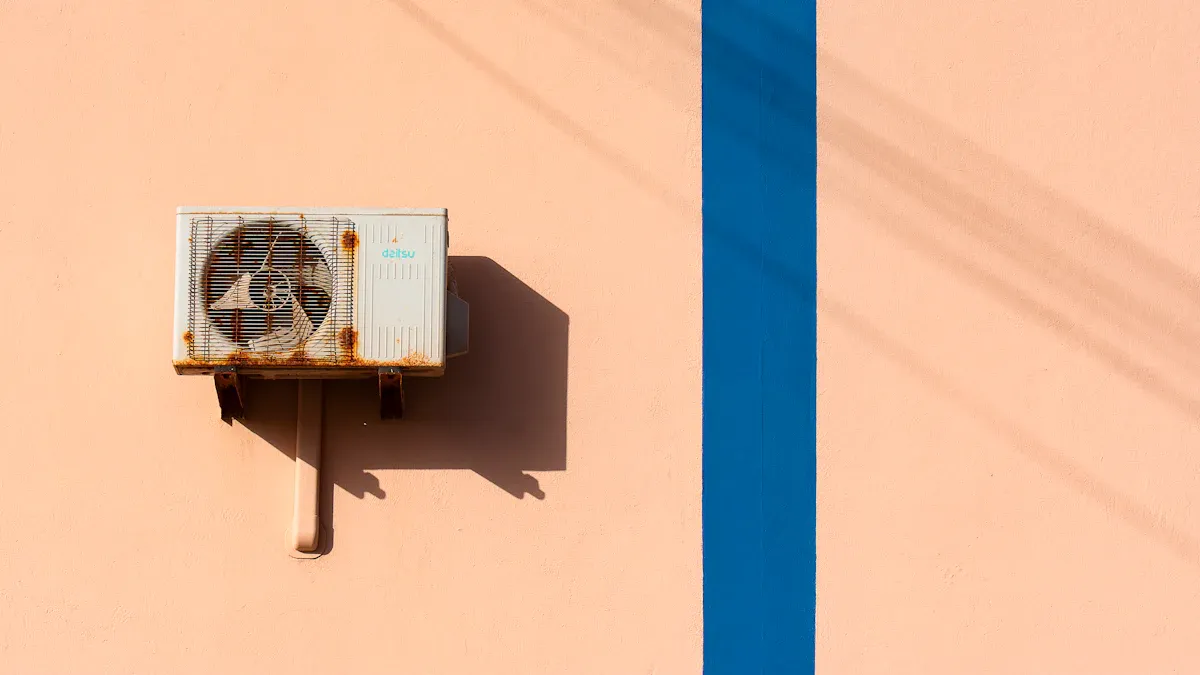
Regular Cleaning and Maintenance Tips
I always recommend a proactive approach to maintenance. Regular cleaning and inspections help me catch corrosion before it becomes a serious problem. Industry guides highlight that usage-based and condition-based maintenance—such as monitoring sound, temperature, and visual signs—are essential for early detection. I schedule maintenance based on actual equipment condition, which prevents unexpected failures. Certified HVAC technicians clean coils, check for rust, and repair minor issues. Removing dirt and debris stops moisture from accumulating, which is a major cause of rust. I also make sure drainage stays clear to prevent water buildup near the condenser.
| Maintenance Type | Frequency | Key Tasks and Corrosion Prevention Measures |
|---|---|---|
| Visual Inspection | Every 3 months | Check for corrosion, oil stains, and leaks. |
| Coil and Blade Cleaning | Twice a year | Remove dirt and debris to stop moisture buildup. |
| Fan Operation and Airflow | Twice a year | Ensure fans work properly and airflow remains clear. |
| Electrical Wiring Inspection | Twice a year | Look for wear or damage that could lead to corrosion. |
| Refrigeration Cycle Review | Annually | Monitor system performance for hidden issues. |
Protective Coatings and Material Choices
I have seen how protective coatings extend the life of condenser coils, especially in coastal areas. Coatings like Heresite and ElectroFin keep salt and moisture from attacking the metal. Comparative studies show that coated coils maintain efficiency and last much longer than uncoated ones. In my experience, using coatings or inhibitors on copper and copper-based alloys can reduce corrosion by up to 95%. This means fewer repairs and lower maintenance costs for your Wire Tube Condenser.
Installation Practices and Choosing the Right Location
I always pay close attention to where I install condensers. Placing units away from direct exposure to salt spray, pollutants, or standing water makes a big difference. I recommend installing shelters or enclosures to protect against harsh weather. Proper airflow around the unit helps keep moisture from lingering. Strategic placement and thoughtful installation practices reduce the risk of corrosion and help your equipment last longer.
About senjun and Wire Tube Condenser Solutions
senjun Company Introduction
I have worked with many manufacturers, but senjun stands out for its dedication to quality and innovation. Ningbo Senjun New Materials Co., Ltd. focuses on research, development, and production of advanced heat exchange solutions. The company specializes in wire tube condensers and copper aluminum fin heat exchangers. I see their products used in a wide range of applications, including refrigerators, freezers, drinking fountains, display cabinets, wine cabinets, medical ultra-low temperature refrigerators, ice makers, and dehumidifiers.
senjun’s commitment to new materials and technology helps customers achieve better performance and reliability in demanding environments.
senjun’s Wire Tube Condenser Products and Benefits
I recommend senjun’s Wire Tube Condenser solutions for clients who need durability and efficiency. Their products use high-quality materials that resist corrosion, even in high-humidity or coastal areas. I have seen how their engineering team designs each condenser to maximize heat transfer and extend equipment life.
Some key benefits I notice include:
- Excellent corrosion resistance for longer service life
- High thermal efficiency for better cooling performance
- Wide compatibility with various refrigeration and cooling systems
I trust senjun’s Wire Tube Condenser products to deliver consistent results in challenging conditions. Their focus on quality control and customer support makes them a reliable partner for any project.
I see that high humidity, salt, pollutants, and acid rain all speed up corrosion in condensers. Corrosion can damage your equipment and raise repair costs. I always recommend regular maintenance, protective coatings, and smart installation. I trust senjun’s Wire Tube Condenser solutions for lasting performance in tough environments.
FAQ
What is the best way to spot early corrosion on my condenser?
I look for rust spots, pitting, or discoloration on the coils. I also check for leaks and listen for unusual noises during operation.
How often should I clean my condenser in a humid area?
I recommend cleaning the condenser at least twice a year. In coastal or industrial areas, I increase the frequency to every three months.
Can protective coatings really extend condenser life?
Yes, I have seen protective coatings reduce corrosion and extend condenser life by several years, especially in high-humidity or salty environments.











